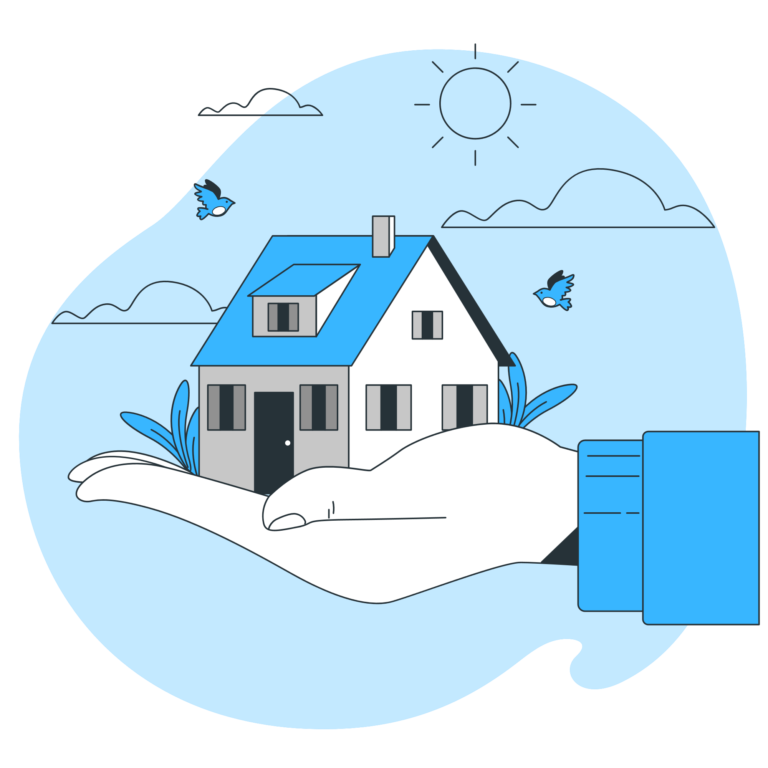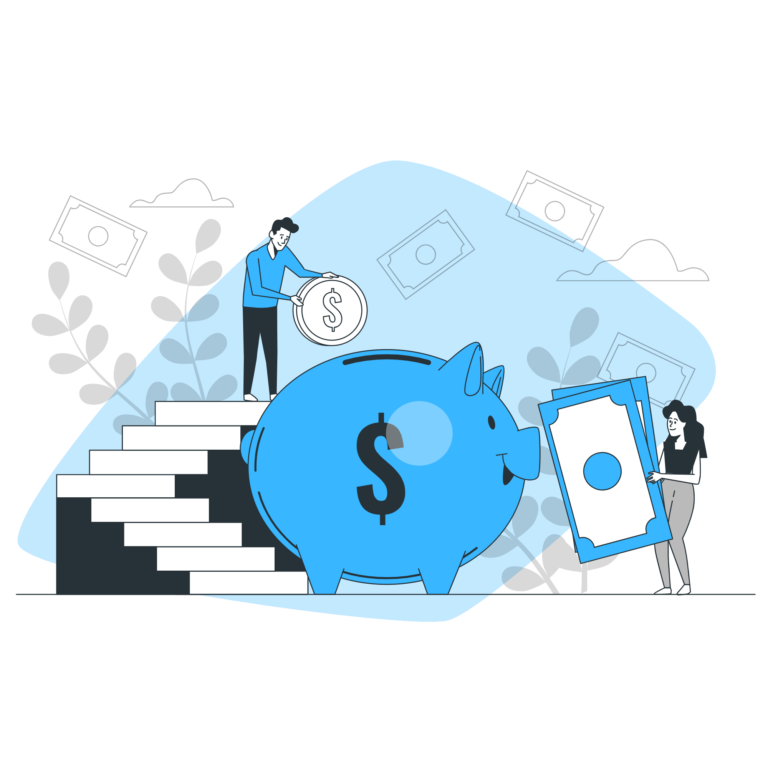- Commercial property is subject to ordinary income tax
- Private property is taxed separately
- Tax rate decreases with length of ownership
- The commune levies a tax equivalent to 60% of that charged by the canton.
What is a real estate gains tax?
When a property is sold with a profit, the latter is subject to real estate gains tax. This article aims to explain how this tax works, how it is calculated, and who is affected, based on official information provided by the canton of Fribourg.
Who is affected by property gains tax in Fribourg?
Anyone selling a private property with a profit must complete a special declaration to calculate the exact amount of the taxable gain. Additionally, gains realized on properties acquired through inheritance or gift are calculated based on the last taxable transfer recorded in the land register.
For commercial property owners, gains from the sale of a commercial property are included in income subject to the ordinary tax on income. Short-term investors selling properties after a short holding period (less than 5 years) are particularly affected by higher tax rates or specific surcharges.
Property Gains Tax Scale
The canton of Fribourg applies a scale for the property gains tax, based on the duration of ownership of the property. This scale is progressively decreasing, meaning the longer you hold the property, the lower the tax rate.
- Holding period
- Up to 2 years
- Up to 4 years
- Up to 6 years
- Up to 8 years
- Up to 10 years
- Up to 15 years
- Over 15 years
- Tax Rate
- 22%
- 20%
- 18%
- 16%
- 14%
- 12%
- 10%
Il convient également de noter que si le total des gains réalisés sur des biens détenus moins de cinq ans dépasse 400’000 CHF au cours d’une année civile, la part de l’impôt relative au gain excédant cette limite est majorée de 40%.
How to calculate property gains tax?
To calculate property gains tax in the canton of Fribourg, the following steps must be taken.
1. Determine the realized gain
The taxable gain is obtained by calculating the difference between :
- The sales proceeds: The sale price of the property (including services provided by the buyer, such as reimbursement of expenses, usage rights, or indemnities related to the transaction).
- The purchase price: The initial purchase cost (or, in the case of inheritance/gift, the value of the last taxable transfer recorded in the land register), increased by investment expenses.
2. Include expenses that increase the value of the property
Eligible expenses that can be added to the purchase price include :
- Costs of construction, conversion or other lasting improvements.
- Transfer taxes and notary fees related to the purchase.
- Brokerage fees for buying or selling (subject to regulated ceilings).
- Taxes related to infrastructure improvements (connections, land corrections, etc.).
- Mortgage fees (notary and land registry).
3. Apply the cantonal scale
You will need to apply the cantonal scale of real estate gains.
4. Include municipal taxes
Municipalities levy an additional tax corresponding to 60% of the cantonal tax. For example:
- If the cantonal tax is CHF 10,000, the municipal tax will be CHF 6,000.
- The total payable will therefore be CHF 16,000.
5. Check the application of a mark-up
If you have sold multiple properties with a holding period of less than 5 years and your annual gains exceed 400,000 CHF, a surcharge of 40% applies to the portion of the gain exceeding this limit.
Calculation Example
Take the following example of an apartment purchased in Fribourg:
- Sales price: 1,000,000 CHF
- Value-enhancing expenses: 50,000 CHF
- Length of ownership: 8 years
Taxable gain: Sales price - (Purchase price + Expenses)
1,000,000 – (700,000 + 50,000) = CHF 250,000
Applicable rate: (8 years of possession, according to scale): 16 %
Cantonal tax: 250,000 × 16 % = 40,000 CHF
Communal tax: 40,000 × 60 % = 24,000 CHF
Total payable : 40,000 + 24,000 = 64,000 CHF





